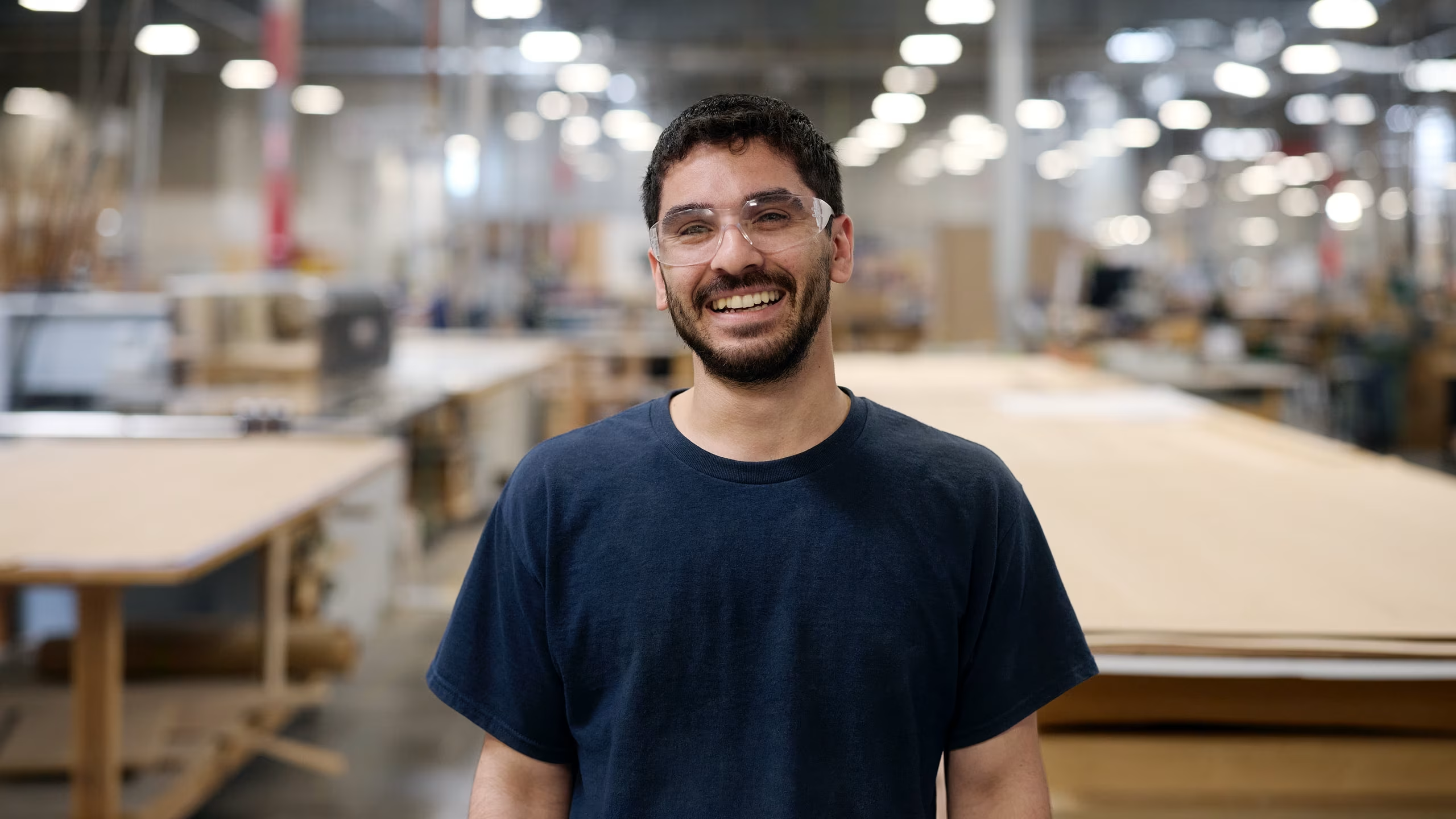Apple Launches Manufacturing Academy in Detroit, Bolstering U.S. Innovation
Detroit, a city synonymous with American manufacturing prowess, is set to host a significant new initiative from tech giant Apple. On Tuesday, August 19, the all-new Apple Manufacturing Academy will officially open its doors in the Motor City, offering free programming designed to train and support American businesses, innovators, and manufacturers. This move isn't just a charitable gesture; it's a strategic pillar of Apple's substantial commitment to invest over $500 billion in the U.S. economy within the next four years, building on a long-standing history of fostering American innovation and advanced manufacturing capabilities.
This academy represents a tangible step in Apple's broader vision for domestic production and supply chain resilience. It’s a big deal, really.
A New Era for American Manufacturing Skills
The core mission of the Apple Manufacturing Academy is clear: to equip small and medium-sized businesses across the country with the tools and knowledge needed to transition into advanced manufacturing. Apple, in a collaborative effort with Michigan State University (MSU), will host a series of workshops in Detroit. These aren't just theoretical sessions; they're hands-on opportunities with Apple experts, focusing on the practical implementation of cutting-edge technologies.
Sabih Khan, Apple’s chief operating officer, expressed genuine enthusiasm about the venture. “We’re thrilled to welcome companies from across the country to the Apple Manufacturing Academy starting next month,” Khan stated. He emphasized Apple's extensive network of suppliers across all 50 states, underscoring the company’s belief that advanced manufacturing is absolutely vital for American innovation and global leadership. Khan added, "With this new programming, we’re thrilled to help even more businesses implement smart manufacturing so they can unlock amazing opportunities for their companies and our country.” It’s a sentiment that resonates, especially given recent global supply chain disruptions.
Curriculum Focused on Tomorrow's Technologies
What exactly will these businesses learn? The curriculum is tailored to the demands of modern industry, emphasizing the integration of artificial intelligence (AI) and smart manufacturing techniques. Participants will delve into crucial topics such as:
- Machine Learning and Deep Learning in Manufacturing: Understanding how these powerful AI subsets can optimize production processes and quality control.
- Automation in the Product Manufacturing Industry: Exploring the latest in robotics and automated systems to boost efficiency.
- Leveraging Manufacturing Data to Improve Product Quality: Turning raw data into actionable insights for better outcomes.
- Applying Digital Technologies to Enhance Operations: From IoT to cloud computing, how digital tools can transform factory floors.
These aren't just buzzwords; they're the foundational elements of what many are calling Industry 4.0. And frankly, if American manufacturing is to remain competitive, embracing these technologies isn't optional.
Beyond the Classroom: Consulting and Virtual Reach
The academy's impact extends beyond formal workshops. Apple engineers are already engaged in consulting services, working directly with American companies both virtually and in person. This one-on-one guidance aims to help businesses drive productivity, efficiency, and quality within their existing supply chains. It's a pragmatic approach, recognizing that every business has unique challenges.
Why Detroit? A Symbolic and Strategic Choice
The decision to establish the academy in Detroit is particularly poignant. This city, once the undisputed heart of American industrial might, has faced its share of economic challenges. Yet, its legacy of innovation and skilled labor remains. Apple's investment here isn't just about geographical convenience; it's a powerful statement. It signals a belief in Detroit's capacity for revival and its potential to once again lead in advanced manufacturing.
It’s a city that knows how to build things, you know? And seeing a company like Apple, known for its meticulous design and high-tech production, choose Detroit for this academy feels right. It’s a nod to the past, but more importantly, an investment in the future. This initiative could very well serve as a catalyst, attracting further investment and fostering a new generation of manufacturing talent in the region.
The Broader Impact and What's Next
Apple's Manufacturing Academy is more than just a training center; it's a significant piece of a larger puzzle aimed at strengthening the U.S. manufacturing base. In an era where global supply chain vulnerabilities have become glaringly apparent, initiatives like this are critical. By empowering American businesses to adopt advanced manufacturing techniques, Apple is contributing to a more resilient, innovative, and competitive domestic industry.
This move aligns with broader national trends towards reshoring and investing in domestic capabilities. The integration of AI and smart manufacturing is not just about efficiency; it's about creating higher-skilled jobs and ensuring that the U.S. remains at the forefront of technological innovation. What we'll be watching for next is the tangible impact on the participating businesses. Will we see new products, more efficient processes, and ultimately, a stronger American manufacturing ecosystem? Only time will tell, but the groundwork is certainly being laid.
